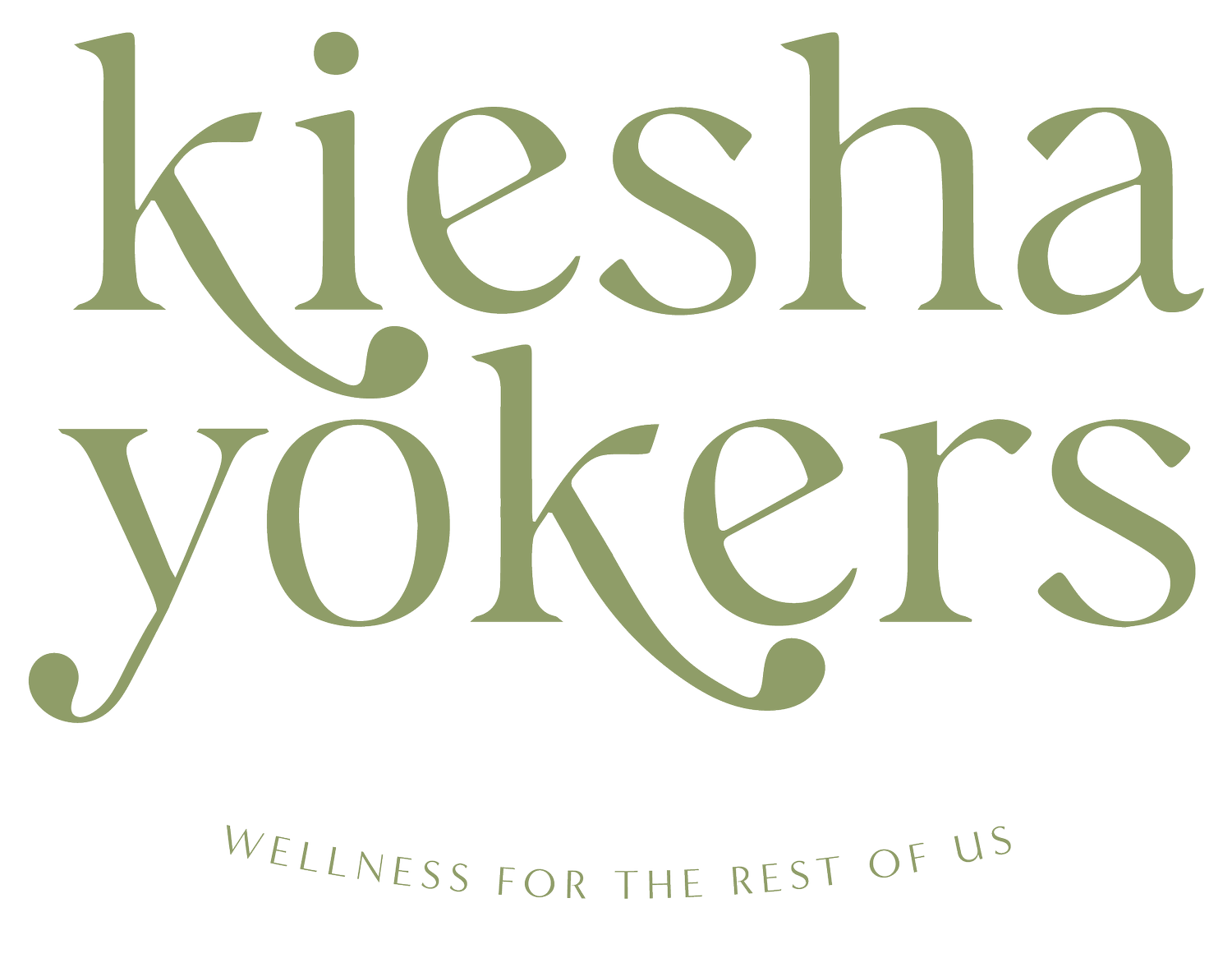When Protecting Your Peace Isn’t Peaceful
We hear people say “Protect your peace” and assume that the implementation should be peaceful. But in reality, protecting your peace means something on the other side trying to rob you of it. If your home were being robbed, you wouldn’t gently ask the thief to go, if it makes them comfortable. You would bring the noise and call for reinforcements, lock the doors, and defend your property. How are our bodies any different?
“How are our bodies any different?”
In reality, we must set boundaries, make difficult decisions, or confront conflicts head-on. While these actions are essential for preserving our mental and emotional well-being, they can sometimes generate a sense of anxiety or guilt. But friend, this is a natural response and doesn’t invalidate our intentions or the importance of safeguarding our peace.
One reason protecting our peace might not feel peaceful is the discomfort that arises from stepping out of our comfort zones. Radical self-love often requires us to challenge ourselves and confront situations that may initially cause anxiety or stress. This is a signal from our bodies that we are taking necessary steps to prioritize our well-being, even if it doesn’t immediately bring us a sense of tranquility.
”Radical self-love often requires us to challenge ourselves and confront situations that may initially cause anxiety or stress.”
Additionally, protecting our peace can involve setting boundaries with others. While boundary-setting is an act of self-respect and self-care, it can be accompanied by feelings of guilt, fear of confrontation, or worry about the potential impact on our relationships. Remember that it’s okay to prioritize your mental health and that establishing healthy boundaries is crucial for maintaining long-term peace and harmony.
Protecting our peace may involve making difficult decisions that disrupt the status quo. These decisions may challenge the expectations of others or require us to detach ourselves from toxic environments or relationships. While these choices can be emotionally draining, they are essential for creating a space where peace can flourish in our bodies.
“In moments when protecting your peace doesn’t feel peaceful, it’s important to practice self-compassion.”
In moments when protecting your peace doesn’t feel peaceful, it’s important to practice self-compassion. Acknowledge the discomfort you might be experiencing, spend time with the breath, and remind yourself of the bigger picture – your well-being and personal liberation. Surround yourself with a supportive community that can provide encouragement when you feel like you are at battle for your peace.
Finally, remember that the path to peace requires grace over guilt, and it’s normal to experience moments of doubt along the way.
Trust that beautiful voice in you, and remember, you are not alone in this journey.
I see you!


